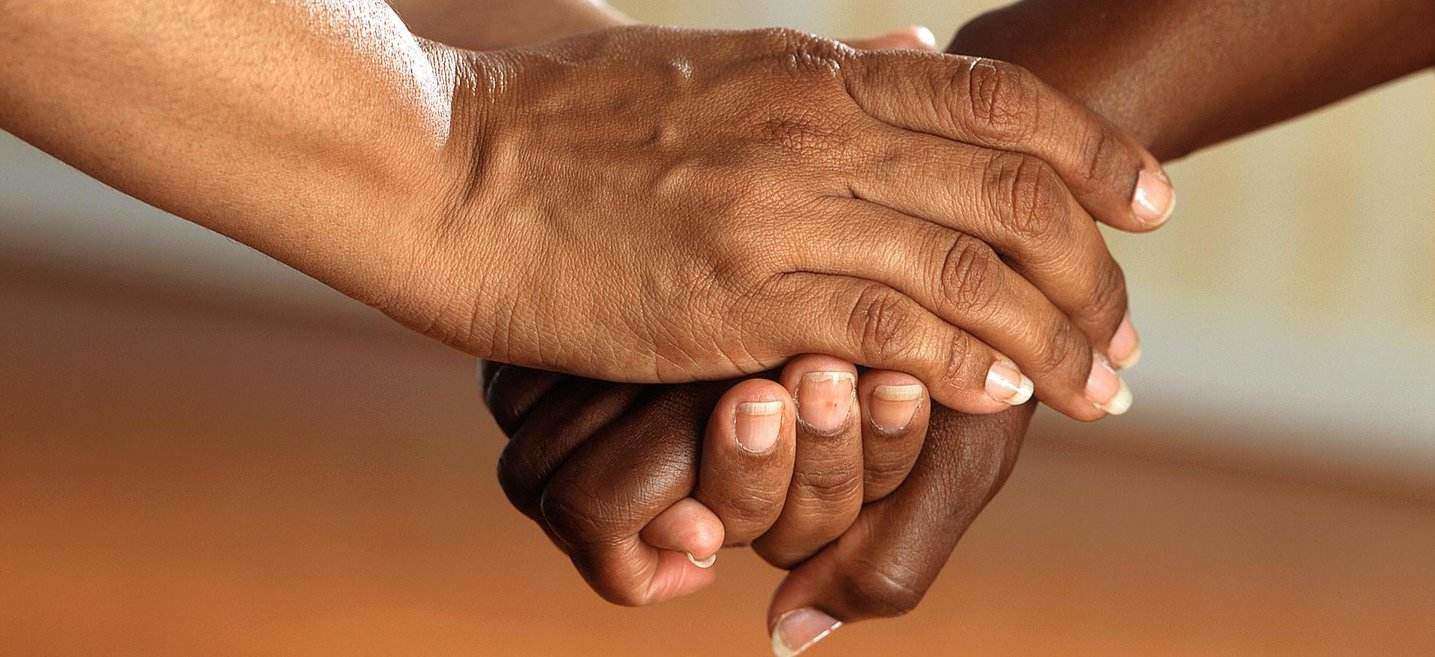
Fear of death is a natural human response. Faced with a terminal diagnosis, many patients struggle with how to overcome fear of death to find peace and acceptance.
“Where is the fear coming from? That’s always my first question,” says Crossroads Hospice & Palliative Care Chaplain Josh Hwang, MDIV. “Is it physical or spiritual? A fear of pain or a fear of the unknown? We offer different types of support depending on the answer.”
Fear of Pain
When the patient’s fear of death is really coming from a fear of pain, the emotional support team and nursing team work together to reassure the patient that Crossroads is made of experts in pain management. Every patient’s residence is equipped with a hospice emergency kit to deal with symptoms as they arise.
One of the key medications included in the hospice emergency kit is Roxanol. It is often used at end of life to control pain as it provides quick-acting relief and can be used in conjunction with more long-term pain medications. The Crossroads team also treats other symptoms at end of life, including agitation, increased secretions, nausea, and vomiting. Knowing that these symptoms will be well managed helps many patients to overcome the fear of death.
Fear of the Future
“Rather than assume I know what people are feeling, it can be valuable to help them explore what's at the root of their fear,” says Crossroads Chaplain Greg Volpitto. “Perhaps a sense of things left undone, or anxiety about not being able to care for the family, is what's really bothering someone.”
Social workers can help to address these fears by making sure the patient’s affairs are in order and working with the family on the dynamics that are creating concern.
When the fears are based more in the spiritual realm – concerns about the afterlife or whether one has lived a good life – a hospice chaplain will speak with the patient about their beliefs and support them in their faith. Even if the patient doesn’t follow a specific religion, many individuals still embrace a spiritual belief system. Most importantly, the chaplain will listen – listen to their hopes and listen to their fears. This simple act can provide great comfort in a time of spiritual crisis.
“If they are truly afraid to die, validating that fear and being present with them may be the most loving and beneficial gift to give them at that time,” says Greg.
Finding Peace at End of Life
Of course, not every patient will experience fear – and even those who do can overcome the fear of death with support. Crossroads Chaplain David Hall shares the story of a woman in her early 60s, a long-distance runner near the end of her life:
“I am not afraid,” she said.
“You really are not afraid; I sense it,” he responded.
“I am healed. I will become complete. I am going home.”
Faith is a very powerful thing.
For more information on how Crossroads Hospice & Palliative Care supports patients at end-of-life, please call 1-888-564-3405.
Recommended Reading:
Hospice Emergency Kits: What You Need to Know
